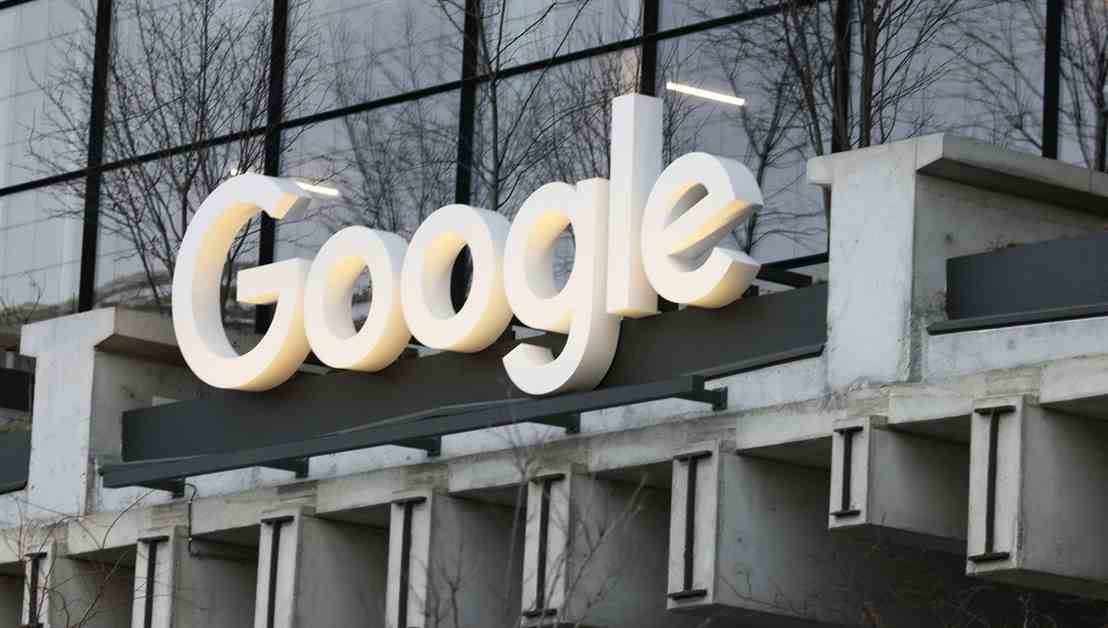GAFAMs: When Antitrust Policy Rhymes with Protecting Our Privacy
Less publicized than measures aimed at increasing transparency of GAFAMs, antitrust policies could nonetheless help us combat targeted advertising, which is the root cause of the extraction of our most intimate data. In recent months, much has been said about the Digital Services Act, which imposes new transparency obligations on platforms, but less attention has been paid to its counterpart, the Digital Market Act, seen as more complex due to its connection to competition law. However, a closer look at this less publicized text reveals that by restricting the economic power of these big tech companies, the DMA could also help us regain control over our data.
The Digital Market Act, which came into effect last March, aims to impose new obligations on major tech groups like Alphabet, Amazon, or Meta, classified as “gatekeepers,” to ensure fair market access. The heart of the big tech companies’ economic activity – revenue from targeted advertising – is strategically targeted by the European legislator through the DMA.
Article 5 of the DMA deals a decisive blow to the economic model structuring Big Tech companies by prohibiting them from combining users’ personal data across their various services. For example, Meta will no longer be able to combine user data collected from its Instagram and Facebook networks without explicit user consent. This measure challenges the companies’ practice of extracting and combining our personal data for targeted advertising purposes.
Another provision in the DMA that could impact their data extraction model is the right to data portability. Any individual should now be able to request a platform to transfer all their data to a competing service without losing their history. These measures, designed within the framework of the GDPR, are expected to empower European users to take back control of their data after years of exploitation by tech companies.
Google’s dominance in online advertising is also under scrutiny, with the U.S. Department of Justice’s lawsuit against Google focusing on its advertising activities, which account for three-quarters of the company’s revenue. Some observers suggest that this lawsuit could lead to a closer examination of Google’s advertising practices, where it sets auction prices, evaluates campaign effectiveness, and acts as an advertiser itself, raising concerns about monopolistic behavior and conflicts of interest.
With the impact of the DMA in Europe and antitrust policies in the U.S., could it be that regulation by the state, rather than artificial intelligence, will pave the way for a new economic model for the web of the future?




